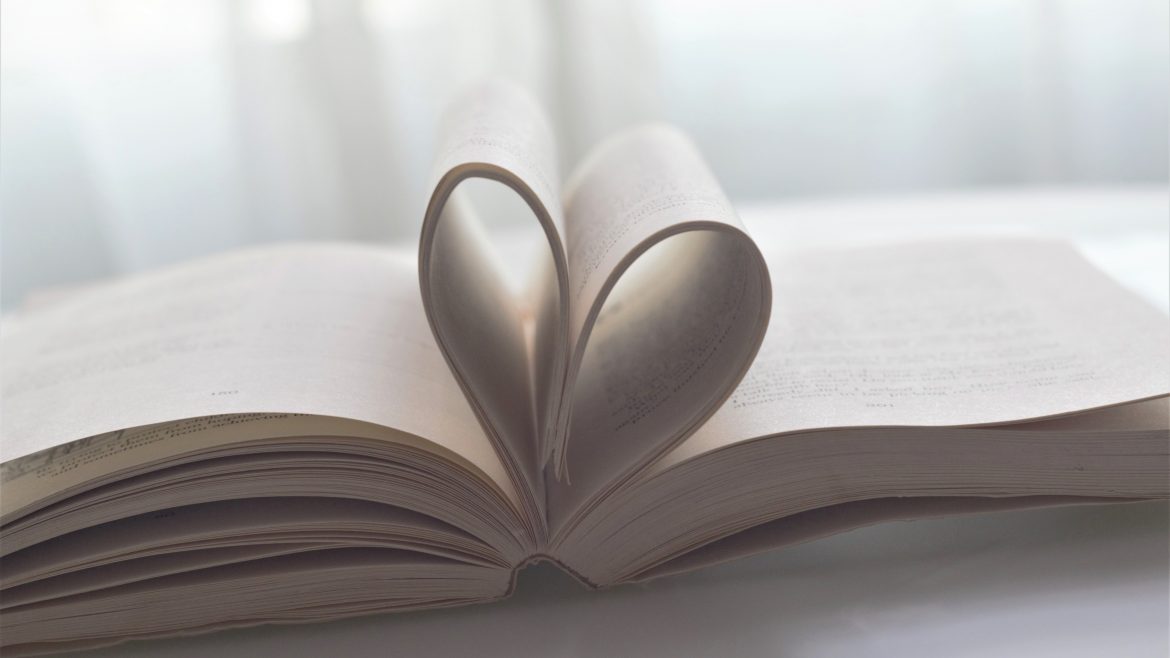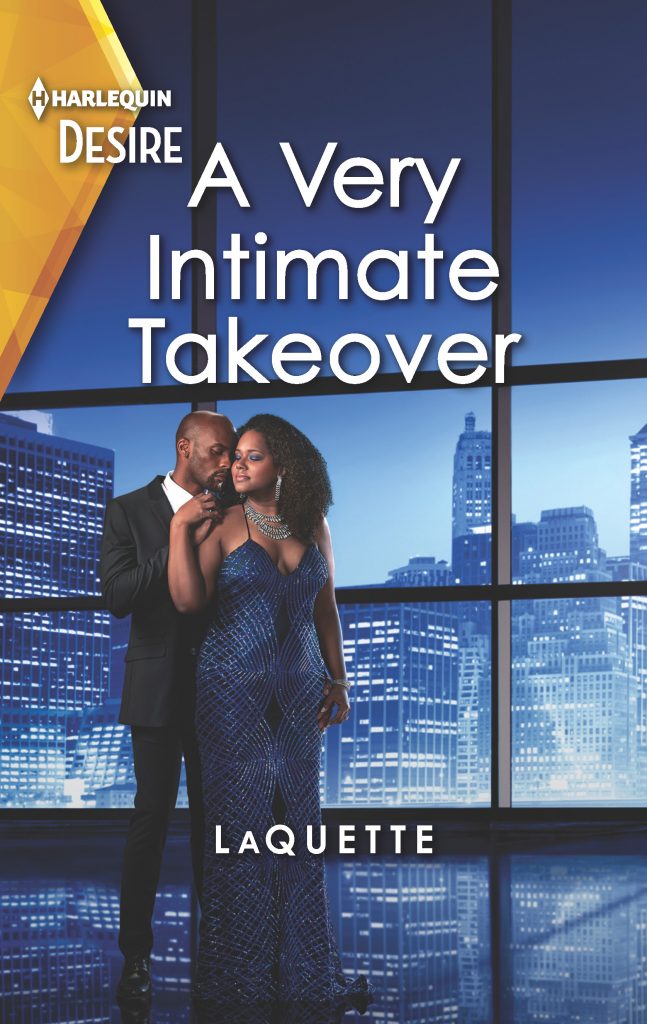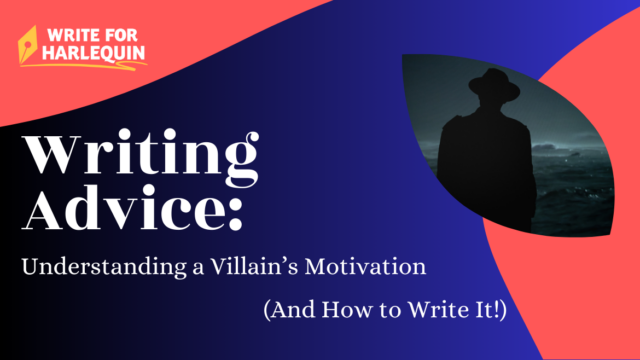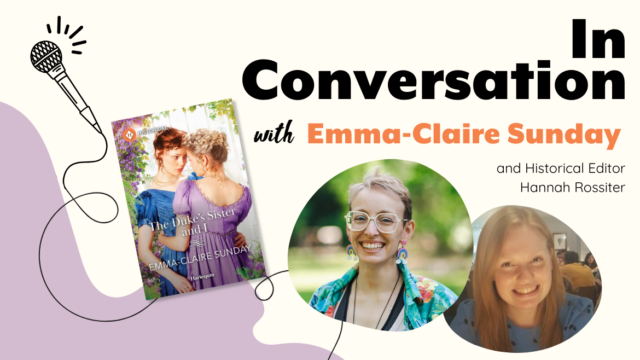
In this two-part installment, meet Harlequin editor Charles Griemsman and author LaQuette as they look back on how they met and the acquisition process.
It’s all about connections. Sure, it’s a cliché, but for editors and writers, it’s the truth.
Here’s my version of how Harlequin Desire author LaQuette and I made the connection. Her Desire debut, A Very Intimate Takeover, is out this month, and I’m so excited.

(Later this week, LaQuette will tell you her version. I guess you could say I get the first word, but she gets the last! 😊)
Anyway, up front, I should note that in the past, “It’s all about connections” had a sort of elitist, who-you-know, gatekeeping connotation, and that’s not really what I mean here. As editors, we need to make the connections with talented writers. In turn, we need to publish stories that connect with readers. That process needs to be about inclusion, not exclusion. When people feel left out at any point in this chain, we aren’t doing our job. Love stories with happy endings are a universal pleasure; leaving writers and readers out is just plain sad.
So when LaQuette said that she didn’t see how a curvy Black woman from Brooklyn belonged in a Harlequin Desire (which you’ll read about more in her post), I said, why not? But I get ahead of myself.
Back to the importance of connections. When it comes to LaQuette, I met her agent first. We had a confab about authors she was working with and who might want to write for Harlequin. I was like, “What about LaQuette?” This was during the RWA national conference in 2019.
As an editor, I cannot overstate the importance of RWA conferences, and conferences in general, in making the connection. Not only between editors and writers, but between writers and writers, writers and agents, writers and readers, you name it. And I will say, in these pandemic days when our opportunities to connect in person are limited, Harlequin has expanded our outreach on social media. We are always on the lookout to make the #connection. If you are an aspiring writer, there are many, many, many ways to hit us up. Don’t be shy and use the resources.
So, after meeting LaQuette’s agent, the next day I met LaQuette at a Harlequin RWA session (again, the importance of that whole conference thing). She seemed hesitant but mentioned how she liked the covers of some recent Desire books, how they made her feel represented. I said, “Why don’t you write one?” If memory serves, this is when she expressed how she hadn’t seen herself in the books growing up, that she didn’t think her stories would fit because they were “too Black and too Brooklyn.” Bottom line: as an editor, I can’t think that way, though I 100% know where LaQuette is coming from and how we in publishing need to do better.
We agreed to discuss further.
And this is when the second key form of connection was made. A very different type—the connection a writer has to her story and makes with her story.
LaQuette makes the connection.
Let me explain. I had read her previously published romantic suspense, and figured she’d want to submit a story in that subgenre. But she came back with, “I thought you wanted me to submit to Desire?” Based on what I’d read by her, which was completely not Desire material, I said, “Of course!” I was psyched that she wanted to submit to the line I work on most closely and saw how it would totally work.
She submitted, and I was right. It totally worked. We made an offer, and I made the call. To her agent, but still, the call is the call.
How did I sense LaQuette’s writing would work for Desire if her previous work was totally outside the parameters of a Harlequin Desire story? Because, stripping away the tropes, and whether the book was a M/M romance or the main characters were cisgendered heterosexuals, the core emotion of her previous works connected for me, the core emotion was right. The feel for the characters was right in her books—these characters are living their truth and loving with all their hearts. And all this is the fundamental point of connection for me as an editor and a reader: is the core emotion there? Are the characters relatable in their human search for love and connection?
And this should be the fundamental point for the aspiring writer: are you connecting with the emotion of your story, are you feeling it, will editors and readers really feel it? Yes, layered tropes are important in Harlequin series romance, yes, publishers have guidelines for stories, but it all boils to the feels.
As a writer, make that deep connection with your own work. Everything flows from that. I think LaQuette gets that, and it shows in her first Harlequin Desire, A Very Intimate Takeover.
Did I mention how excited I am to be her editor?
Be sure to check out LaQuette’s reflection, too, in the next part of this blog post!



